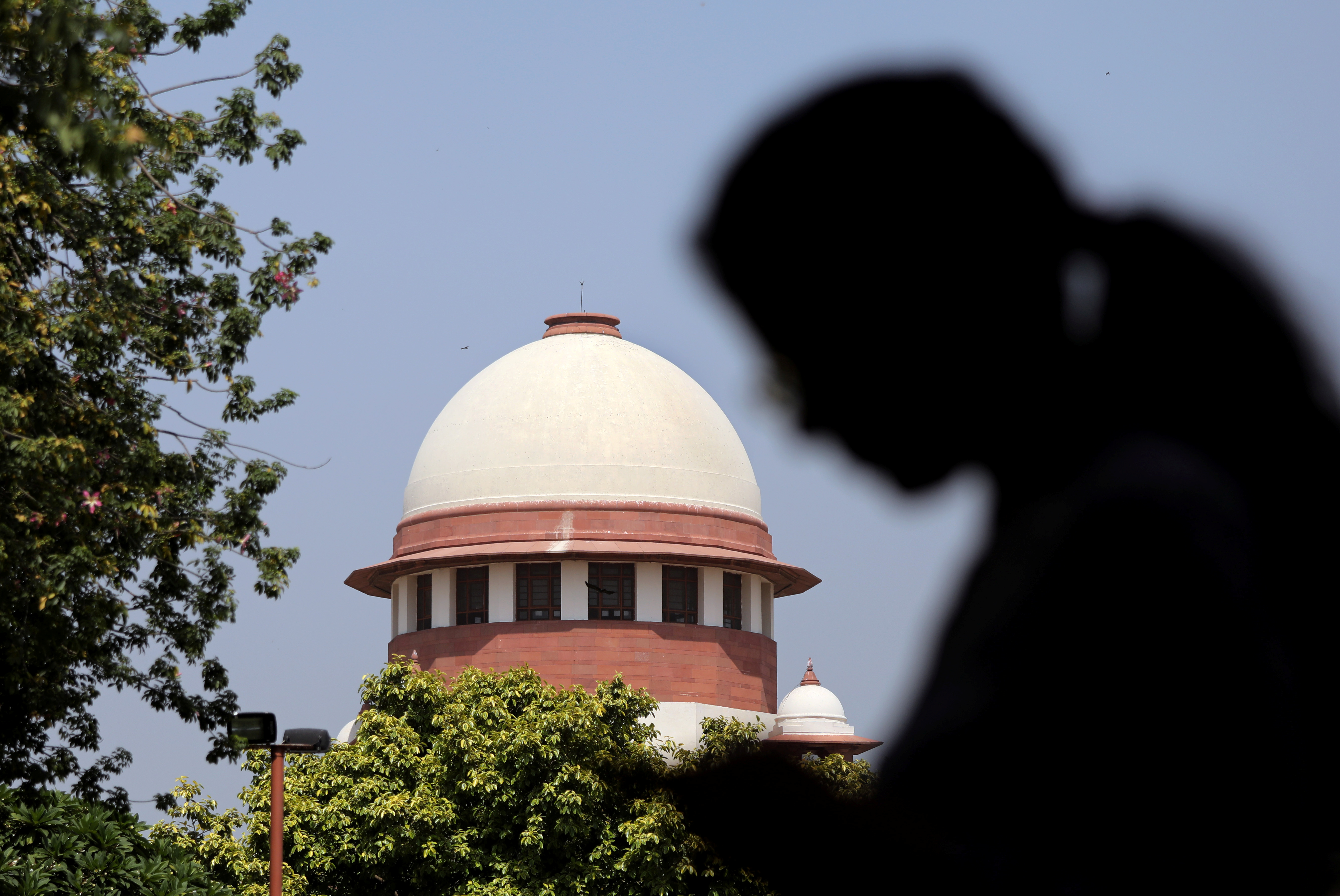
India’s top court has ordered a stay on the government notifying a state-run press body to check alleged fake news or misinformation about the government’s policies on social media.
The Supreme Court’s order on Thursday said “serious constitutional questions” were raised in the petitions challenging the government’s move.
The court’s ruling came a day after the Ministry of Electronics and Information Technology issued a notification establishing the Press Information Bureau’s (PIB) Fact Check Unit (FCU) as a statutory body with powers to flag allegedly false information related to the government and its agencies ahead of the general election starting next month.
The provision for an FCU was part of the government’s amendments to the Information Technology (Intermediary Guidelines and Digital Media Ethics Code) Rules, 2021, in April last year. The amendments included a provision for an FCU by the government to identify “fake or false or misleading” online content related to the “business” of the federal government.
But stand-up comic Kunal Kamra, the Editors Guild of India and the Association of Indian Magazines challenged the amendments in the Bombay High Court, citing “unreasonable restrictions to freedom of speech and expression”.
The News Broadcasters and Digital Association also said the fact checking unit will “have a chilling effect on the media” and should be withdrawn.
In his petition, Kamra said the law would also restrict his “fundamental right to practice trade or profession” since he relies on social media platforms to share his content. He said it could also lead to his content being “arbitrarily blocked” or taken down, or his accounts being suspended or deactivated.
But a two-judge bench at the high court delivered a split verdict on January 31 and the case was referred to a third judge who rejected the pleas, effectively making it a majority decision and allowing the government to notify the FCU.
On March 14, the petitioners moved the Supreme Court, challenging the Bombay High Court’s refusal to stay the creation of the fact-checking unit.
In a report on Thursday, The Wire news website said there were also serious concerns regarding the PIB’s ability to function as an independent body to conduct fact checks.
It said researchers at the Internet Freedom Foundation last year found that the PIB received nearly 120,000 fact-checking requests between 2020 and 2023, but could only act on just 1,223 – or about 1 percent – of the cases.







